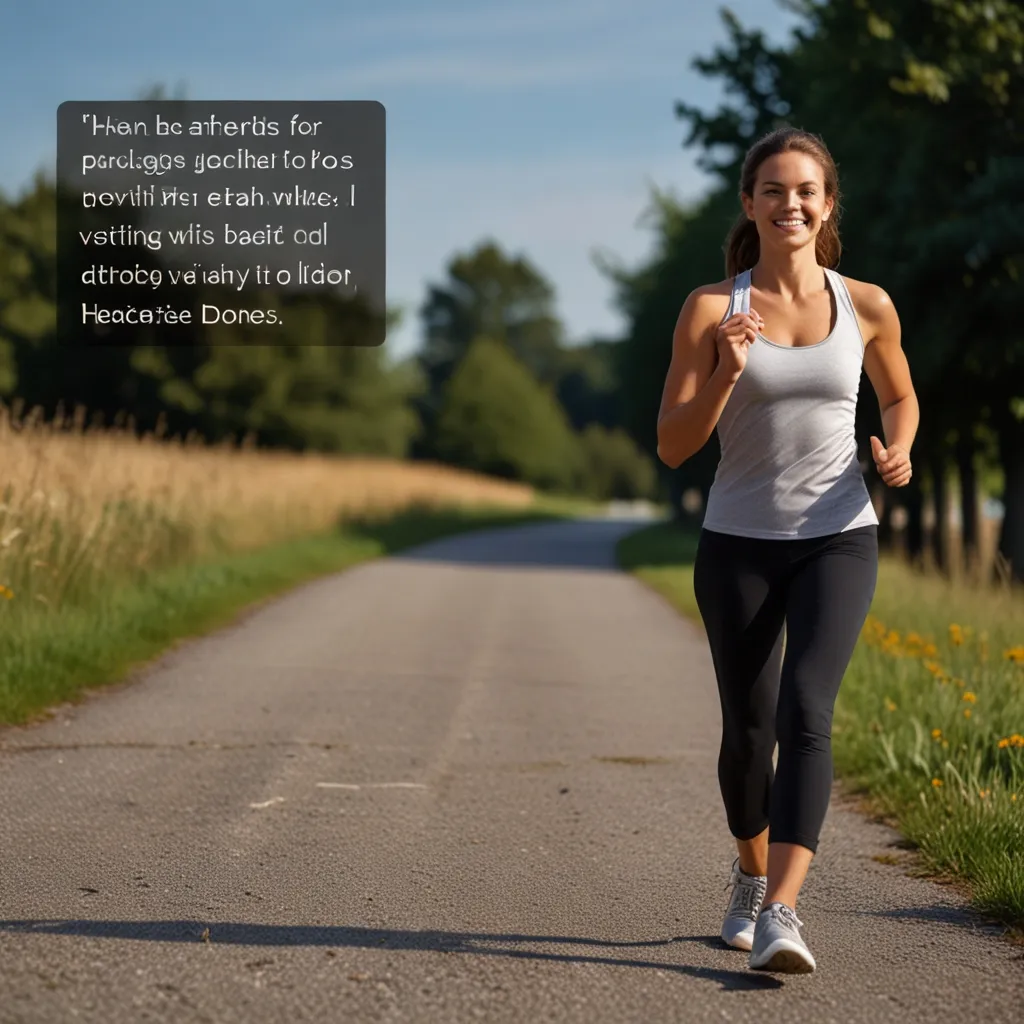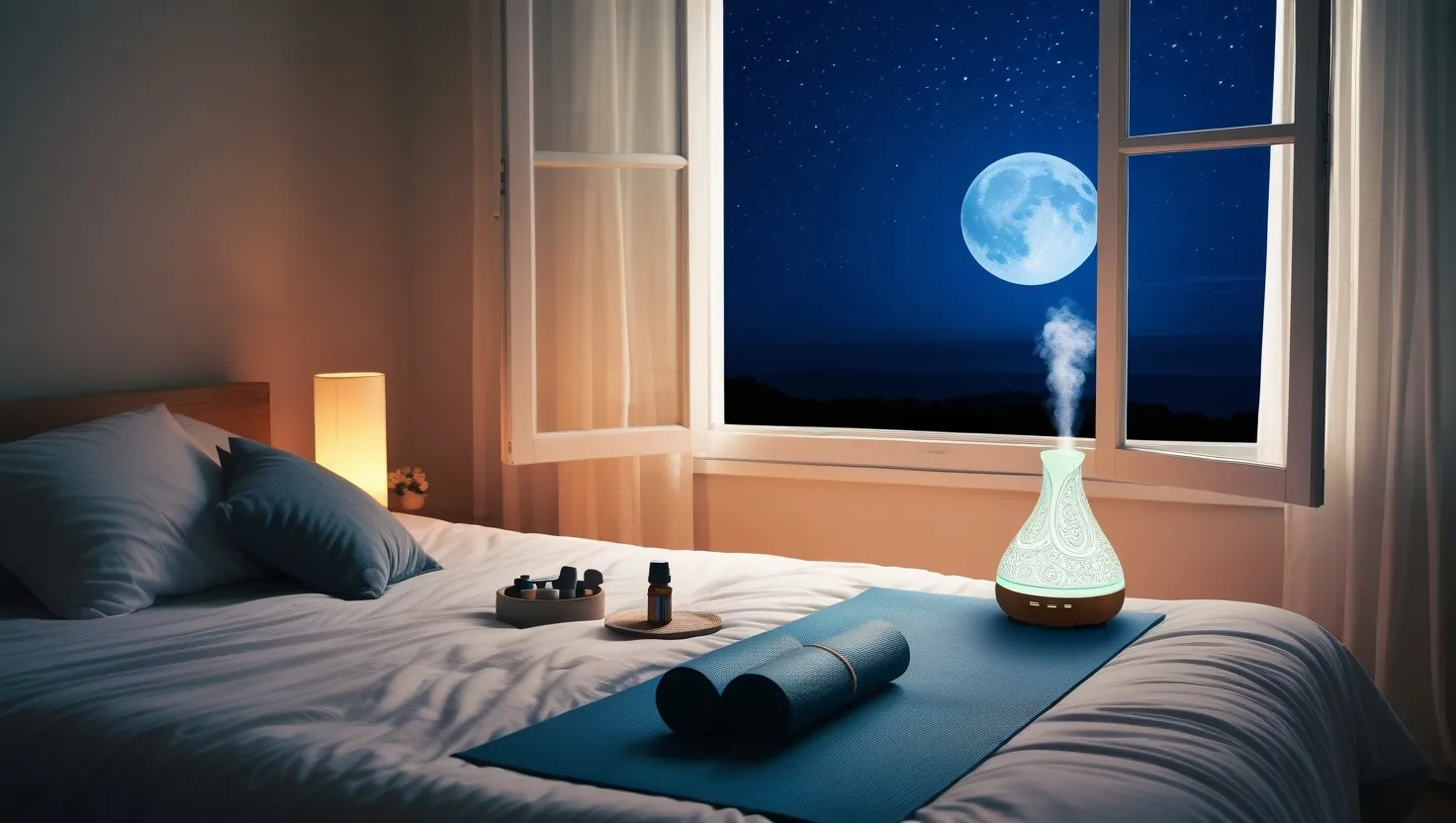Gratitude: The Secret Ingredient for a Longer, Happier Life
Ever wondered if there’s a simple way to boost your health and potentially add years to your life? Well, it turns out there might be, and it’s something we all have access to: gratitude. Yeah, you heard that right. Being thankful could be your ticket to a longer, happier life.
Let’s dive into this fascinating topic and explore how a little appreciation can go a long way in improving our mental and physical well-being.
First off, what exactly is gratitude? It’s more than just saying “thanks” when someone holds the door open for you. It’s a mindset, a way of looking at the world that focuses on the good stuff, even when life throws you a curveball. It’s about acknowledging the positive aspects of your life, big or small, and truly appreciating them.
Now, you might be thinking, “Okay, that sounds nice, but how does being grateful actually impact my health?” Well, buckle up, because the science behind this is pretty mind-blowing.
Studies have shown that people who practice gratitude regularly tend to have lower stress levels and less anxiety. And we all know that stress is like kryptonite for our health, right? It messes with everything from our blood pressure to our sleep patterns. So, by reducing stress through gratitude, we’re already giving our bodies a fighting chance at staying healthier for longer.
Speaking of fighting chances, get this: a study of nearly 50,000 older women found that those with higher levels of gratitude had a 9% lower risk of dying from any cause over a four-year period. That’s like having a 9% off coupon on death! Who wouldn’t want that?
But it’s not just about living longer; it’s about living better too. Gratitude has this cool effect on our brain chemistry. When we express thankfulness, our brain releases feel-good chemicals like serotonin and dopamine. It’s like giving your brain a little party every time you appreciate something. And who doesn’t love a good brain party?
These chemical changes can lead to improved sleep quality. And let’s face it, good sleep is like gold when it comes to health. It helps our bodies recover, boosts our immune system, and keeps our minds sharp. So, by practicing gratitude, you’re essentially tucking yourself in for a better night’s sleep.
Now, let’s talk about the mental health benefits, because they’re pretty awesome too. Gratitude has been linked to reduced symptoms of depression and improved emotional resilience. It’s like building a mental shield against the negativity that life sometimes throws our way.
Imagine you’re going through a tough time. Maybe you lost your job or had a falling out with a friend. It’s easy to get stuck in a cycle of negative thoughts. But if you’ve been practicing gratitude, you’ve got this superpower that helps you see the silver lining. You might think, “Well, at least I have a supportive family,” or “This is an opportunity to explore new career paths.” It doesn’t make the problem disappear, but it sure makes it easier to handle.
And here’s something really cool: gratitude isn’t just good for you; it’s good for your relationships too. When you express appreciation to others, it strengthens your social connections. And guess what? Strong social connections are like a secret weapon for health and longevity, especially as we get older.
There’s this theory called the Socioemotional Selectivity Theory (try saying that five times fast) that suggests as we age, we become more invested in close relationships. Gratitude is like the glue that helps these relationships stick. It’s a win-win situation – you feel good expressing gratitude, and the people around you feel appreciated. It’s like spreading happiness confetti everywhere you go.
Now, you might be wondering, “This all sounds great, but how do I actually practice gratitude?” Don’t worry; it’s not like you need to enroll in a gratitude boot camp or anything. There are simple ways to incorporate it into your daily life.
One popular method is keeping a gratitude journal. Each day, write down three things you’re thankful for. It could be as simple as “I’m grateful for my morning coffee” or as profound as “I’m thankful for my health.” The act of writing it down helps cement these positive thoughts in your mind.
If writing isn’t your thing, try a gratitude jar. Whenever something good happens, jot it down on a slip of paper and toss it in the jar. On tough days, you can pull out a few slips and remind yourself of all the good things in your life. It’s like having a personal cheerleader in a jar.
Another great way to practice gratitude is by expressing it to others. Send a thank-you note to someone who’s made a difference in your life. It doesn’t have to be a long, flowery letter – even a quick text message can brighten someone’s day and boost your own mood in the process.
You can also incorporate gratitude into your daily routines. Before meals, take a moment to appreciate the food in front of you. During your commute, instead of getting frustrated with traffic, be thankful for the reliable car that gets you where you need to go. These small shifts in perspective can add up to big changes in your overall outlook on life.
Now, let’s talk about how gratitude affects your physical health. Remember how we mentioned it reduces stress? Well, that reduction in stress can lead to lower blood pressure, better heart health, and a stronger immune system. It’s like gratitude is giving your body a big, protective hug.
People who practice gratitude often engage in healthier behaviors too. They’re more likely to exercise regularly, eat a balanced diet, and take care of their overall health. It’s like gratitude creates this positive snowball effect – you feel good mentally, so you want to take better care of yourself physically.
And here’s a fun fact: gratitude can even help you cope with pain better. Studies have shown that people who practice gratitude report lower levels of pain and better pain tolerance. So, the next time you stub your toe, try thinking about something you’re grateful for – it might just take the edge off the ouch!
Now, I know what you might be thinking: “This all sounds great, but life isn’t always sunshine and rainbows. How can I be grateful when things are tough?” That’s a valid question, and it’s important to remember that gratitude isn’t about ignoring the bad stuff. It’s about finding the good, even in difficult situations.
For example, if you’re going through a health challenge, you might be grateful for the medical care you’re receiving or the support of your loved ones. If you’re facing financial difficulties, you could appreciate the resourcefulness you’re developing or the kindness of friends who are helping out.
Practicing gratitude during tough times doesn’t mean you’re happy about the situation. It means you’re choosing to focus on the aspects of your life that are still positive. And that focus can give you the strength and resilience to face challenges head-on.
As we wrap up this gratitude journey, let’s recap why it’s such a powerful tool for health and longevity:
- It reduces stress and anxiety, which are major health saboteurs.
- It improves sleep quality, giving your body the rest it needs to stay healthy.
- It boosts mental health, helping ward off depression and build emotional resilience.
- It strengthens social connections, which are crucial for long-term well-being.
- It promotes healthier behaviors, from exercise to better eating habits.
- It can even help with pain management and overall physical health.
So, there you have it – gratitude isn’t just a nice sentiment; it’s a powerful practice that can potentially add years to your life and life to your years. It’s like a free health booster that’s available to everyone, anytime, anywhere.
Why not start today? Take a moment right now to think of three things you’re grateful for. It could be the cozy chair you’re sitting in, the friend who always makes you laugh, or the fact that you learned something new today. Whatever it is, acknowledge it, appreciate it, and let that feeling of gratitude wash over you.
Remember, cultivating gratitude is a journey, not a destination. Some days it might come easily, and other days it might feel like a challenge. But like any good habit, the more you practice, the more natural it becomes.
So here’s to gratitude – may it fill your days with appreciation, your body with health, and your life with joy. After all, a thankful heart is a healthier heart, and that’s something we can all be grateful for.






